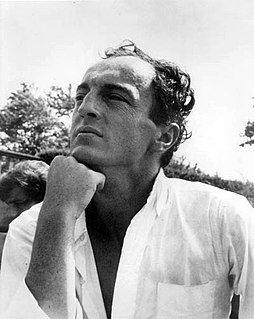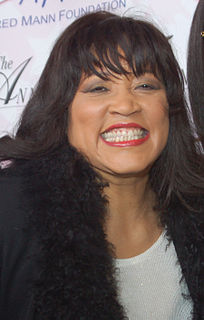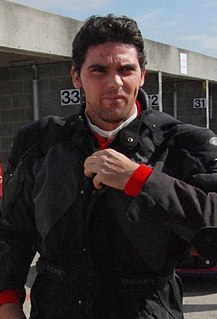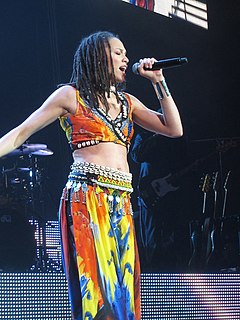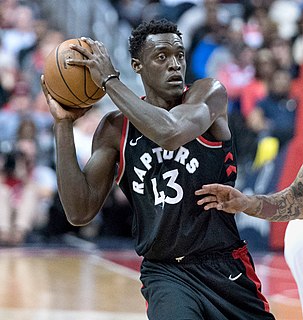A Quote by Elif Batuman
I like to think that I know a lot of words, but I definitely don't know all of them.
Related Quotes
I'm not a writer. I know a lot of writers; I know a handful of really excellent, great ones, and I know what they're like. They are in love with language. They're obsessed with it. Even if their thoughts aren't more special than anybody else's, they have a way of putting them into words that makes them sensational.
Have you ever felt a potential love for someone? Like, you don't actually love them and you know you don't, but you know you could. You realise that you could easily fall in love with them. It's almost like the bud of a flower, ready to blossom but it's just not quite there yet. And you like them a lot, you really do. You think about them often, but you don't love them. You could, though. You know you could.
After the first glass of vodka you can accept just about anything of life even your own mysteriousness you think it is nice that a box of matches is purple and brown and is called La Petite and comes from Sweden for they are words that you know and that is all you know words not their feelings or what they mean and you write because you know them not because you understand them because you don't you are stupid and lazy and will never be great but you do what you know because what else is there?
For we let our young men and women go out unarmed in a day when armor was never so necessary. By teaching them to read, we have left them at the mercy of the printed word. By the invention of the film and the radio, we have made certain that no aversion to reading shall secure them from the incessant battery of words, words, words. They do not know what the words mean; they do not know how to ward them off or blunt their edge or fling them back; they are prey to words in their emotions instead of being the masters of them in their intellects.
I like words and numbers. I'm obsessed with them. You know, I think I would've been a mathematician had I kept up, but it's the stuff in your head, you know? It's like being technologically adept. You have it or you don't. You can learn it, but some people just have it. They go to sleep, wake up, and know everything. I like games, too. I love playing games.
It was nice to finish up Stanford. I think I always felt that I would be there for four years and graduate, and definitely didn't want to leave early. A degree was definitely a plus, and I was having a lot of fun in school. But after football, you know, I don't know. I really did enjoy studying architecture; it was a blast.
With a novel, you have the reader with you a lot longer, and you owe him a lot more. Obviously you have to have a plot - I say "obviously," although I think a lot of fiction doesn't, and nothing seems to happen. But to me, there should be something that happens, and it should be at least vaguely plausible. And because the readers are going to be with these characters for a long time, you have to get to know them and like them and want to know what happens to them.
We think about a lot of things that we want to do and sometimes it might feel like, you know, it's not even possible, that we can't really achieve that. But I think it's really important to let kids know, starting from when they're young, that if they put their mind to something and put the time in, they can definitely achieve it.
I have never written a novel that volleys back and forth between a couple of different first person perspectives. It's definitely a challenge because I had to think about who knows what, when do they know it, when are they sharing what they know or what they think they know, how the reader's perspective affects things. Telling the story in that way is challenging. It does require a lot of revision.




